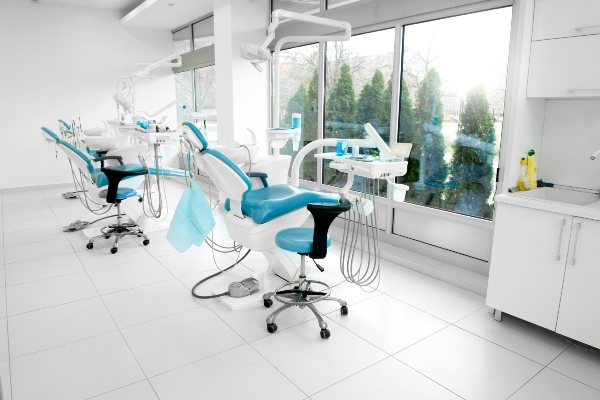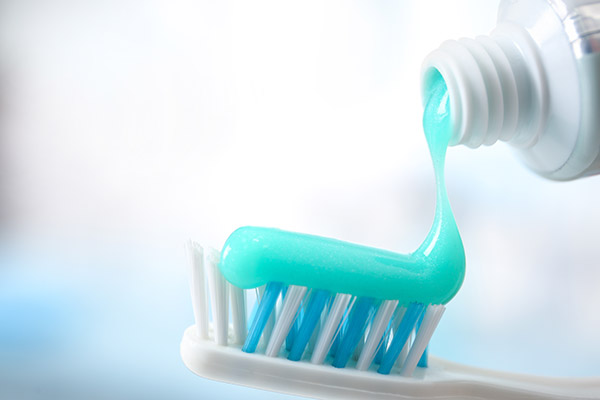 Oral health myths can often lead to misguided attempts to solve dental problems, potentially making things worse. Emergency and general dentists frequently treat patients who have attempted (and failed) to manage dental emergencies with these quick fixes. Debunking common myths about oral health can save patients time, money, and trouble. Along with that, debunking these myths can give them an idea of when to see an emergency dentist sooner rather than later.
Oral health myths can often lead to misguided attempts to solve dental problems, potentially making things worse. Emergency and general dentists frequently treat patients who have attempted (and failed) to manage dental emergencies with these quick fixes. Debunking common myths about oral health can save patients time, money, and trouble. Along with that, debunking these myths can give them an idea of when to see an emergency dentist sooner rather than later.
Debunking oral health quick-fix myths
Myth: Aspirin on a toothache will stop pain instantly
A common belief is that placing an aspirin on a painful tooth or gum area will help alleviate the discomfort. While aspirin can help reduce pain when taken orally, applying it directly to the tooth or gum area can cause harm. Aspirin is an acidic substance that can burn the soft tissues in the mouth. Further, it does not address the underlying cause of the toothache, which may involve infection, decay, or damage to the tooth.
Patients need to consult an emergency dentist to manage tooth pain effectively. These general dentists have the training needed to identify the source of the pain and provide the appropriate treatment. In the meantime, over-the-counter pain medications taken as directed can provide temporary relief.
Myth: A loose tooth can be fixed at home
Another common myth that emergency dentists frequently encounter is the belief that a loose tooth, particularly in adults, can be fixed at home. While loose baby teeth in children naturally fall out on their own, a loose adult tooth (permanent tooth) may indicate a serious underlying issue such as gum disease, infection, or trauma. Attempting to fix a loose tooth at home can exacerbate the problem.
A loose permanent tooth is a good reason to consult an emergency dentist. They can assess whether it is possible to save the tooth or if further action is necessary. If a tooth extraction is the best course of action, a general dentist can provide tooth replacement options.
Myth: A knocked-out tooth can be put back in without a dentist
The last common myth to debunk is that a knocked-out tooth can be placed back into the socket without needing a dentist. While it is true that a knocked-out tooth can sometimes be reimplanted, it requires immediate professional care. Time is of the essence when dealing with a knocked-out tooth. The longer the tooth is left outside the mouth, the lower the chances of successful reimplantation.
An emergency dentist has the proper tools and expertise to properly handle and reimplant a tooth, significantly improving the likelihood of saving it. It is crucial to seek emergency dental care immediately after a tooth is knocked out. Until the dentist can provide treatment, the tooth should be kept moist, ideally in a container of milk or saliva.
Get quality care for urgent dental problems
While oral health myths may offer quick, temporary fixes, they often do not provide the lasting relief or proper care needed for serious dental issues. Seeking professional treatment from an emergency dentist is the best course of action when faced with an urgent dental problem. Contact Northside Dental Care, PC for urgent dental treatment in Peabody.
Request an appointment or call Northside Dental Care, PC at 978-206-7077 for an appointment in our Peabody office.
Recent Posts
Seeing an emergency dentist as soon as possible is crucial when dealing with sudden dental pain, trauma, or an urgent oral health issue. Taking the right steps before the appointment can help minimize discomfort, prevent further damage, and ensure a smoother treatment process. Here are five important things to do before visiting an emergency dentist.Understanding…
Dental health requires routine care and, at times, immediate attention. While a general dentist provides preventive and restorative treatments, an emergency dentist can address urgent dental issues. Understanding the differences between these practitioners can help you get the care you need based on your unique needs and situation.A general dentist focuses on overall oral health,…
An emergency dentist is essential for anyone facing unexpected dental issues that require immediate attention. Whether the issue is a severe toothache, injury, or infection, seeking help from an emergency dentist provides prompt evaluation and treatment to prevent further complications. Taking immediate action allows patients to alleviate pain and avoid long-term damage to their oral…


